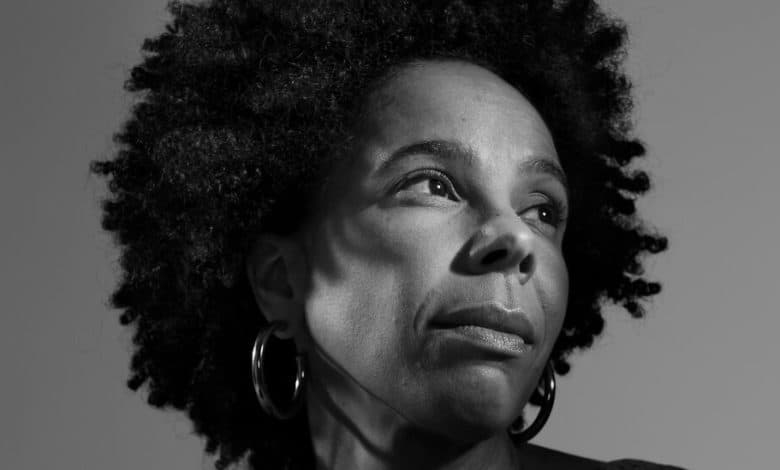This Scientist Has an Antidote to Our Climate Delusions

I don’t think it’s an exaggeration to say that the Intergovernmental Panel on Climate Change’s 2018 report on global warming drastically changed the way many people thought — or felt — about the climate crisis. That report laid out, with grim clarity, both the importance and extreme difficulty of preventing global warming from reaching 1.5 degrees Celsius above preindustrial levels. Its warnings about what was likely to happen to our planet if we didn’t turn things around were severe.
The starkness of the I.P.C.C.’s report led to a surge of pessimism, fear and, in response to those emotions, climate activism that hasn’t really abated. But recently there has been a growing counterresponse to those darker feelings, including from some experts who have a clear view on what’s coming — and that response is a cautious optimism.

Listen to the Conversation With Dr. Ayana Elizabeth Johnson
The scientist talks to David Marchese about how to overcome the “soft” climate denial that keeps us buying junk.
Though she doesn’t go so far as to call herself hopeful, Dr. Ayana Elizabeth Johnson is one of those experts trying to change the mood. She’s a marine biologist and a founder of the Urban Ocean Lab, a think tank focusing on climate and coastal cities. She has also worked with the Environmental Protection Agency and advised lawmakers on climate policy. Additionally, Johnson, who is 43, is a leading climate activist and communicator. She was an editor of the best-selling climate anthology “All We Can Save,” and her next book, “What if We Get It Right?” which will be published this summer, is a collection of interviews with leaders from various fields about promising climate possibilities.
The question posed by that book’s title — what if we get it right on climate? — is one I think about often, and skeptically. I’m not quite convinced that people are motivated more by positivity than fear. But I would like to be, and I was hoping Johnson could help.
Recently there has been a concerted effort to make a kind of a vibe shift about how we talk about climate. [Laughs.]Climate action needs way better vibes.
